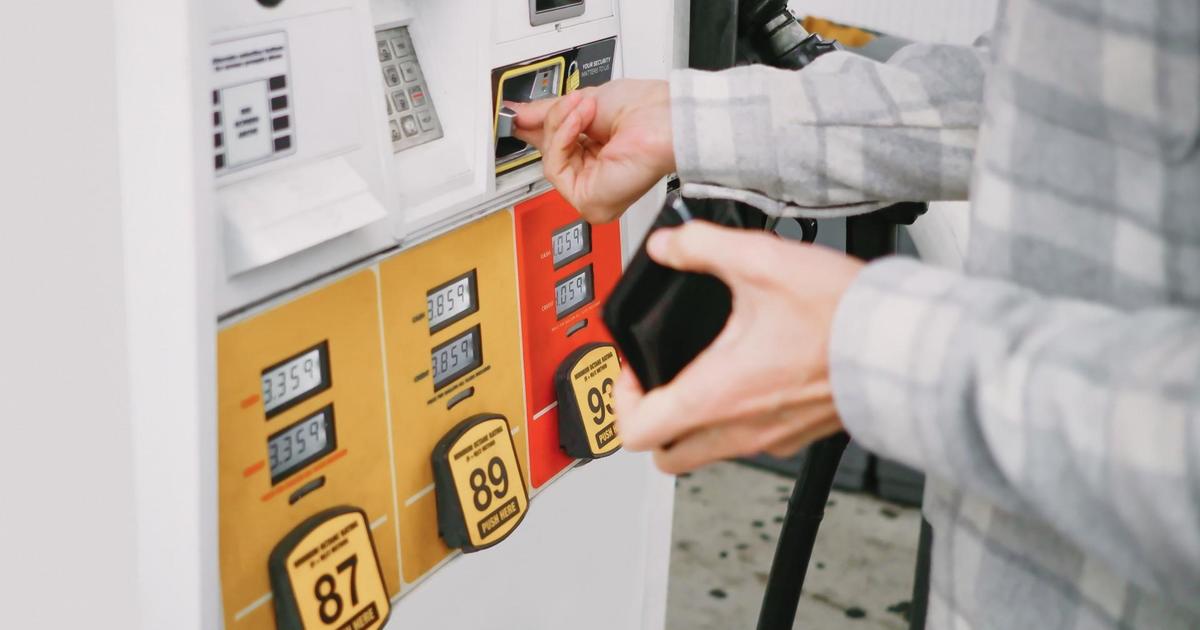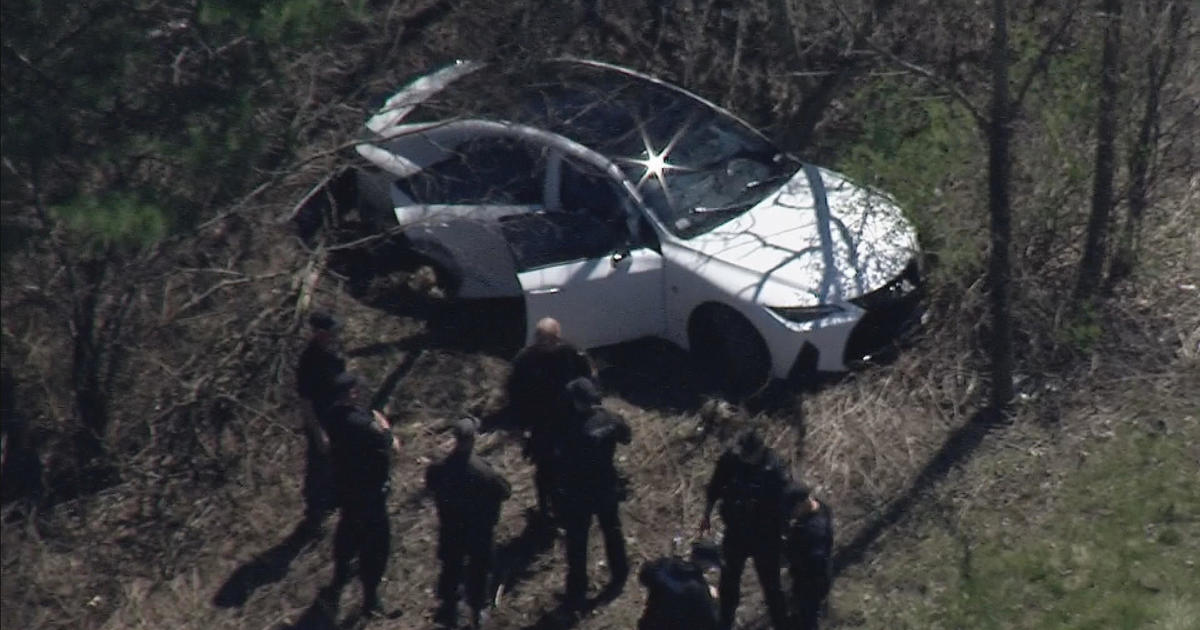I-Team: Dead People Receiving Benefits From State
BOSTON (CBS) - Pension benefits for the state's retirees and their survivors cost Massachusetts taxpayers $1.5 billion a year. The I-Team has discovered some of the people receiving those benefits have been dead for more than a year.
A Unicare ID card for healthcare benefits was sent to Dennis Sheehan's mother Mildred in June of 2011. They're the medical benefits provided to state retirees and their survivors. The problem? The card makes Mildred Sheehan eligible for health coverage thirteen months after she died. Mildred passed away on May 9, 2010.
The I-Team has discovered taxpayers were paying for Mildred's healthcare for more than a year after she died. Even though Dennis sent a letter and his mother's death certificate to the retirement board nine days after she passed away, the membership cards for her healthcare kept coming in the mail. Dennis Sheehan says, "The insurance is great but at some point in time you don't need the health insurance, once you pass away, it seems like someone wasn't getting the message."
The State Board of Retirement pays the pension checks for retirees and the Group Insurance Commission takes care of the medical, vision and prescription plans. The I-Team randomly searched data listing the people receiving pension checks and other benefits from the state. We compared them to death records and discovered Mildred Sheehan wasn't the only person receiving benefits after she died. Our investigation found pension checks and benefits being paid out to others who have died and once again a few who have been dead for more than a year.
Nick Favorito heads up the state retirement board. He says if families don't notify the state that a loved one died they rely on backup systems. An outside agency searches for deaths but only every quarter and every two years the state requires notarized verification from payees.
Favorito admits the system isn't perfect. "Typically we have to rely on the notice being provided by the families and I think retirement and health insurance benefits aren't foremost in people's minds. If there was an understanding of how we pay benefits and the circumstances under which we receive notice of someone's death, I think we're pretty prompt about getting benefits cut off with being sensitive to the fact we're dealing with the death of a family member," Favorito says.
In Mildred Sheehan's case, her pension checks ceased after her family contacted the retirement board, but it wasn't until fourteen months after she died that she no longer had medical benefits paid by the state.
Dennis says, "We can't be spending money on healthcare for people who are not living. They don't have enough money to pay the bills and they're paying bills they shouldn't be. You think 'what is wrong with this picture?' Someone would be minding the store and they're not."
The state is working to recover money from the bank accounts and estates of the dead recipients the I-Team identified. A spokesperson for the Group Insurance Commission tells us several of the dead recipients are still active in the health benefits system but they'll also work to try to recover money from the insurance companies. On average the state pays $27,000 in pension benefits per retiree. There are about 55,000 retirees and survivors receiving benefits right now.



